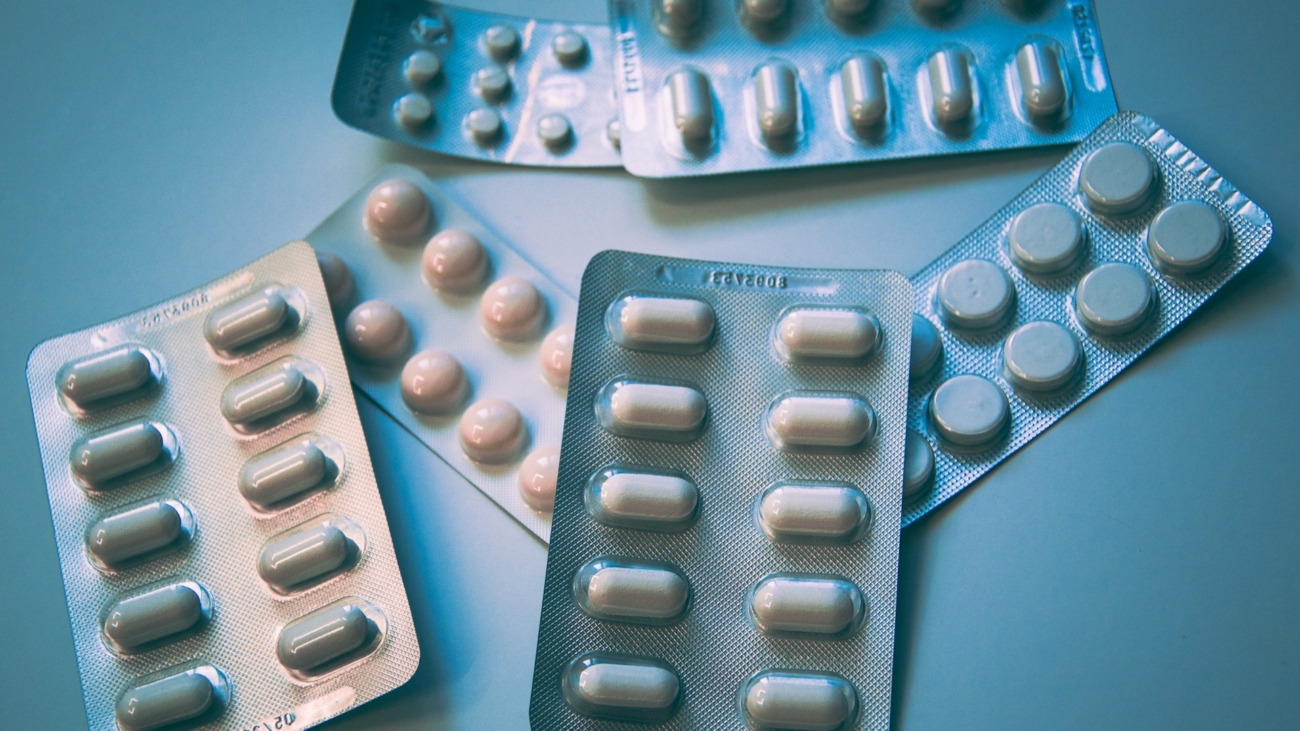The global pharmaceutical industry is grappling with the pervasive issue of counterfeit drugs. These illegitimate products pose significant threats to public health, undermine the integrity of the healthcare system, and inflict substantial economic losses. To combat this challenge, innovative solutions are required. This article explores the use of RFID tags and blockchain technology as potential countermeasures.
The Economic Impact of Counterfeit Drugs
Counterfeit drugs inflict a heavy toll on the global economy. The implications are far-reaching and include:
- Loss of revenue: Pharmaceutical companies suffer significant financial losses due to the erosion of market share.
- Increased healthcare costs: Counterfeit drugs can lead to treatment failures, requiring additional medical interventions and prolonged hospitalizations.
- Loss of consumer confidence: The prevalence of counterfeit drugs erodes trust in the pharmaceutical industry and healthcare systems.
- Tax evasion: The illicit drug trade often involves tax evasion, depriving governments of essential revenue.
Moreover, the health consequences of counterfeit drugs are devastating. These products may contain incorrect dosages, harmful impurities, or even no active ingredients, leading to treatment failures, adverse drug reactions, and even death.
RFID Tags: A First Line of Defense
Radio Frequency Identification (RFID) technology offers a promising solution to the counterfeit drug problem. By embedding RFID tags in drug packaging, it becomes possible to track and trace products throughout the supply chain.
- Product authentication: Each RFID tag contains a unique identifier that can be verified to confirm the authenticity of the product.
- Supply chain visibility: RFID enables real-time tracking of drug movement, from manufacturing to the point of sale.
- Counterfeit detection: Any discrepancies in the RFID data can indicate a counterfeit product.
- Inventory management: RFID can improve inventory accuracy and reduce stockouts.
Blockchain: Securing the Supply Chain
Blockchain technology offers an additional layer of security by creating an immutable record of drug transactions. This distributed ledger technology ensures the integrity of data and prevents tampering.
- Transparency: Blockchain provides a transparent view of the drug supply chain, enabling stakeholders to verify the authenticity of products.
- Security: The decentralized nature of blockchain makes it resistant to hacking and data manipulation.
- Traceability: By recording all transactions, blockchain enables the rapid tracing of counterfeit drugs to their source.
- Trust building: Blockchain can enhance trust between manufacturers, distributors, and consumers.
Challenges and Considerations
While RFID and blockchain offer significant potential, their implementation faces challenges:
- Cost: The initial investment in RFID tags and blockchain infrastructure can be substantial.
- Adoption: Gaining widespread adoption across the pharmaceutical industry requires collaboration and standardization.
- Data privacy: Protecting sensitive patient data while utilizing RFID and blockchain requires robust security measures.
- Technical complexity: Implementing and managing these technologies requires specialized expertise.
The Road Ahead
To effectively combat counterfeit drugs, a multi-faceted approach is necessary. This includes combining RFID and blockchain technologies with other security measures, such as tamper-evident packaging and holographic labels. Additionally, governments, industry stakeholders, and healthcare providers must collaborate to develop comprehensive anti-counterfeiting strategies.
By investing in advanced technologies and implementing robust regulatory frameworks, it is possible to create a more secure and transparent pharmaceutical supply chain. Ultimately, this will protect public health, safeguard the integrity of the pharmaceutical industry, and contribute to a more robust global economy.
Artificial Intelligence (AI) is emerging as a potent weapon in the fight against counterfeit drugs. By leveraging advanced algorithms and machine learning, AI can analyze vast amounts of data, identify patterns, and detect anomalies that may indicate counterfeit products.
AI in Counterfeit Drug Detection
- Image Analysis: AI-powered image recognition systems can analyze product packaging, labels, and even microscopic details to identify counterfeit drugs. By comparing images against a database of authentic products, these systems can detect subtle variations that indicate forgery.
- Data Analysis: AI can analyze large datasets of supply chain information, including transaction records, shipment data, and market trends, to identify suspicious patterns that may indicate counterfeit activity.
- Predictive Modeling: By analyzing historical data on counterfeit drug seizures and market trends, AI can predict potential hotspots for counterfeit drug production and distribution.
- Real-time Monitoring: AI-powered systems can continuously monitor online marketplaces and social media platforms for suspicious listings and fraudulent activities.
Challenges and Considerations
While AI offers significant potential in combating counterfeit drugs, several challenges must be addressed:
- Data Quality: The accuracy of AI models depends on the quality and quantity of data used for training.
- Evolving Threats: Counterfeiters are constantly adapting their tactics, requiring continuous updates to AI models.
- False Positives and Negatives: AI systems may generate false alarms or fail to detect counterfeit products, leading to unnecessary investigations or missed opportunities.
- Ethical Considerations: The use of AI in drug authentication raises ethical concerns about data privacy and potential biases in the algorithms.
The Future of AI in Counterfeit Drug Prevention
The integration of AI into the pharmaceutical supply chain is still in its early stages. However, the potential benefits are immense. As AI technology continues to advance, we can expect to see even more sophisticated applications, such as:
- Autonomous Inspection Systems: AI-powered robots capable of inspecting products on production lines and identifying defects or inconsistencies.
- Blockchain Integration: Combining AI with blockchain technology can create an even more robust system for tracking and verifying drug authenticity.
- Consumer Empowerment: AI-powered mobile apps can enable consumers to verify the authenticity of drugs directly.
By harnessing the power of AI, the pharmaceutical industry can significantly reduce the prevalence of counterfeit drugs, protect public health, and restore consumer confidence.

